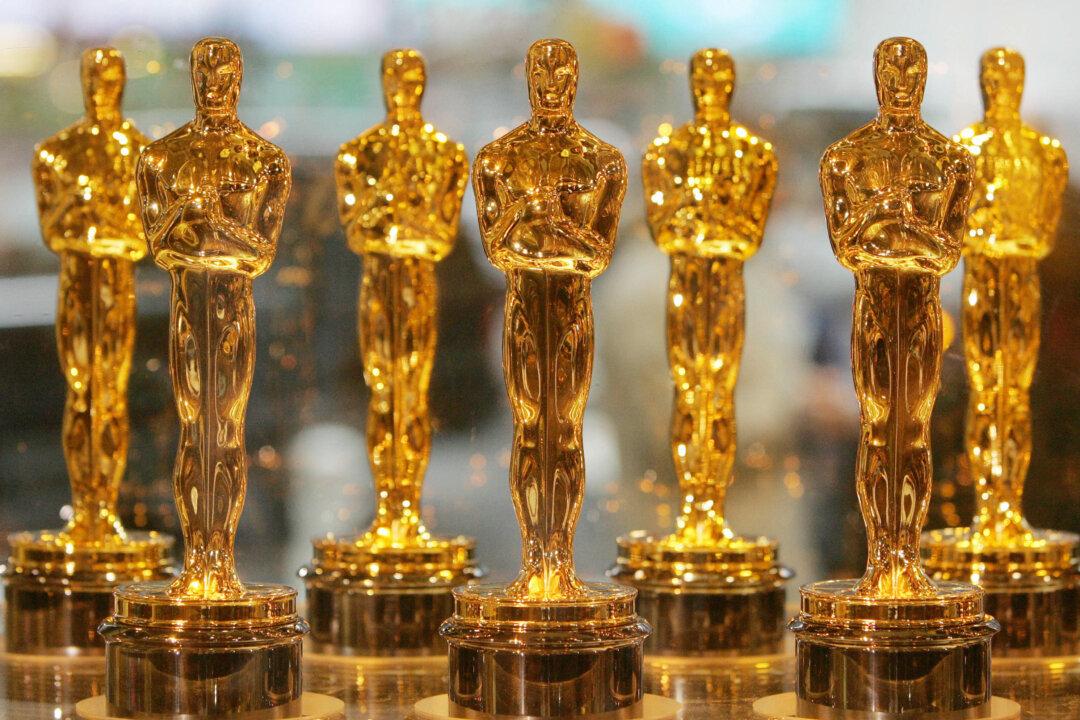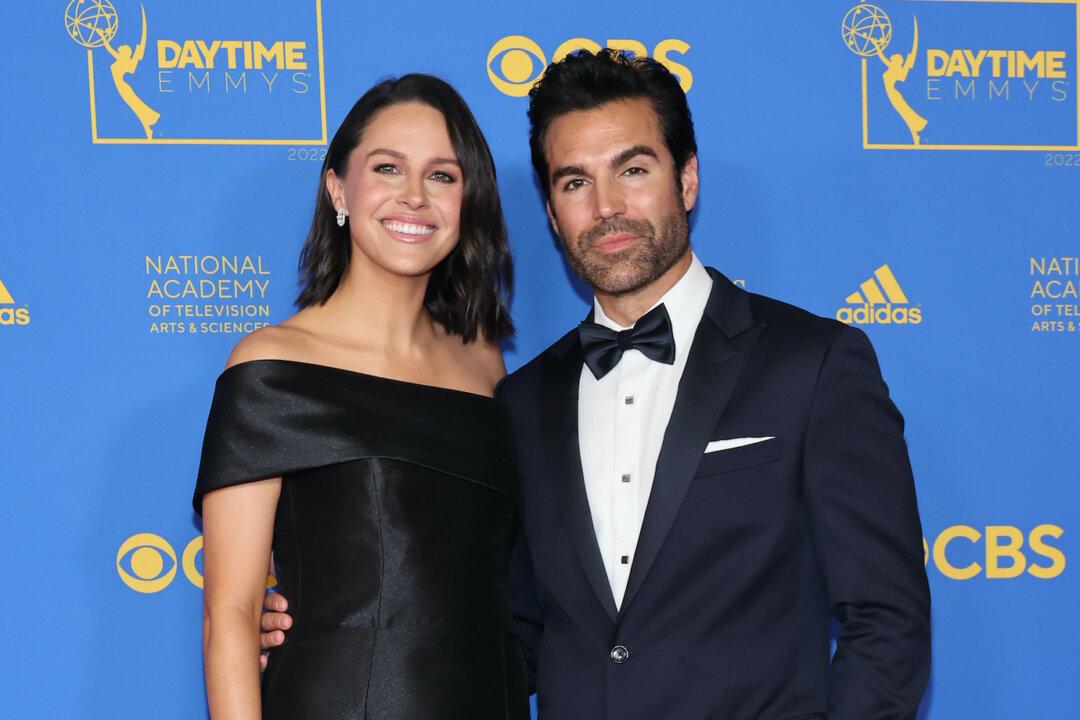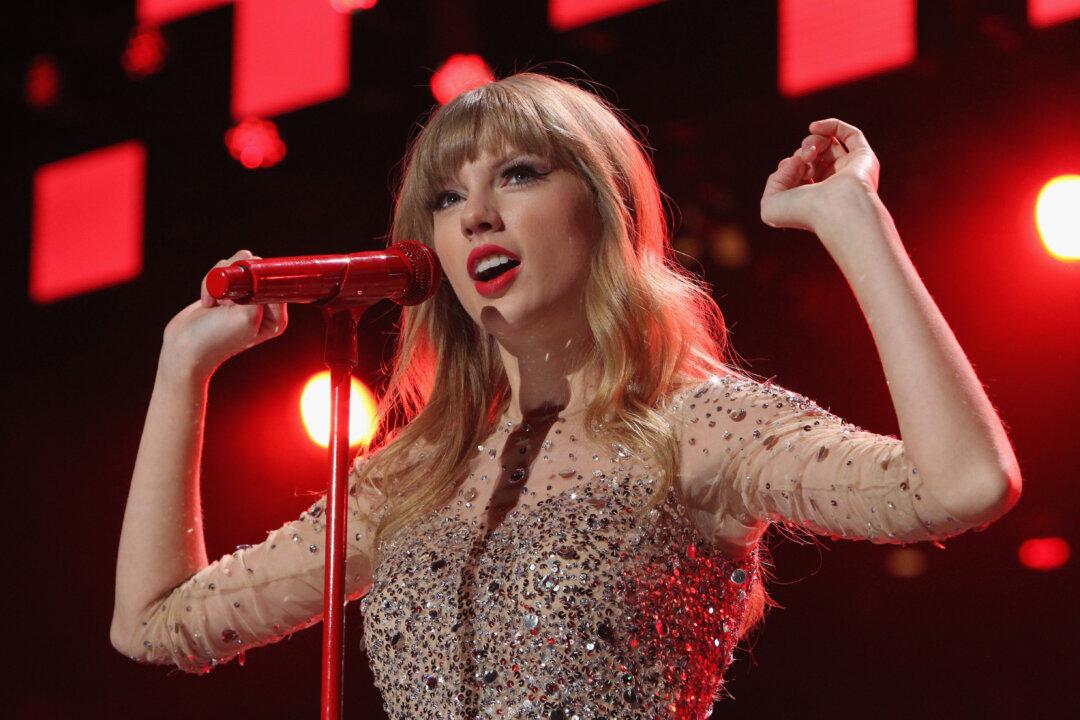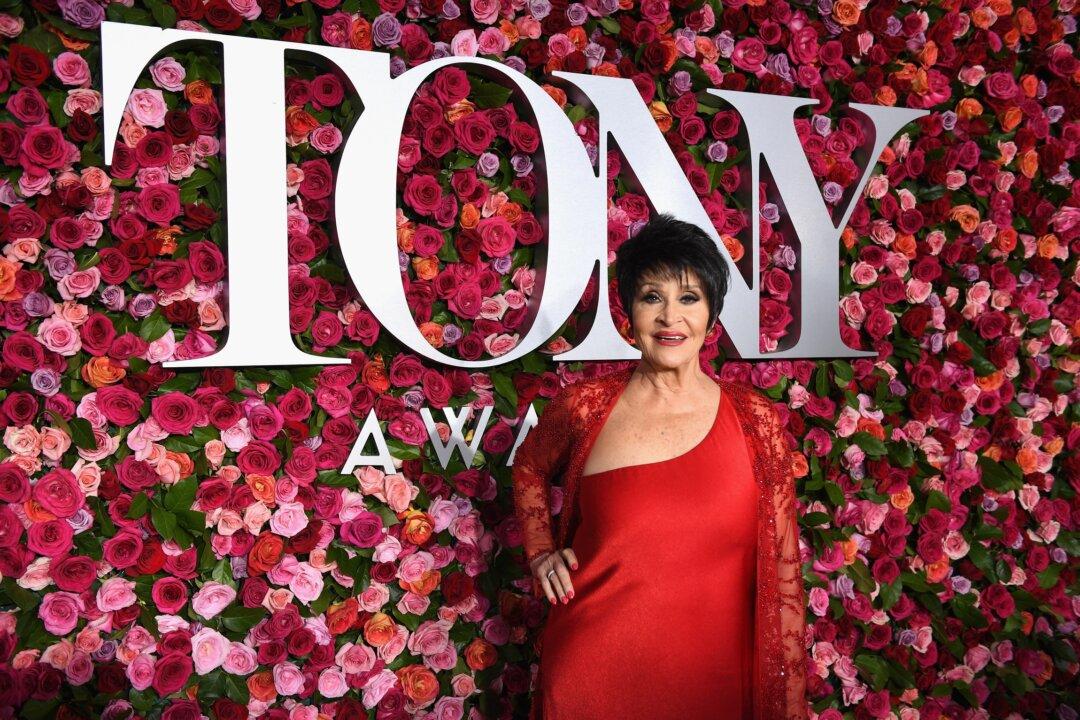Since condemning the recent inclusivity changes made to the Oscars by the Academy of Motion Picture Arts and Sciences (AMPAS), veteran actor Richard Dreyfuss hasn’t back-peddled on his comments nor has there been notable pressure for him to do so.
That’s while other entertainment industry experts are also critical, if not skeptical, of the changes when looking to the future and the legacy of filmmaking.






